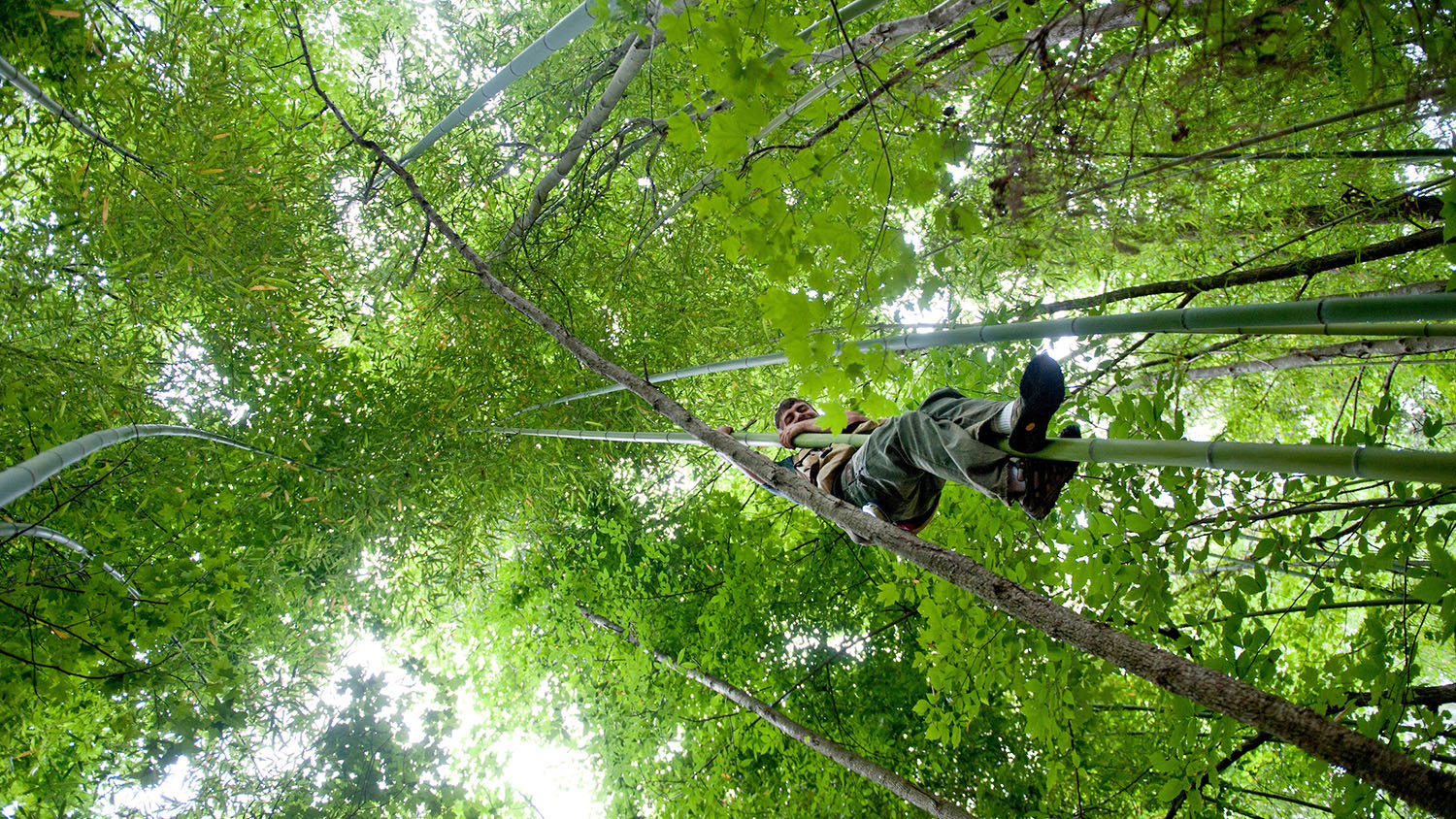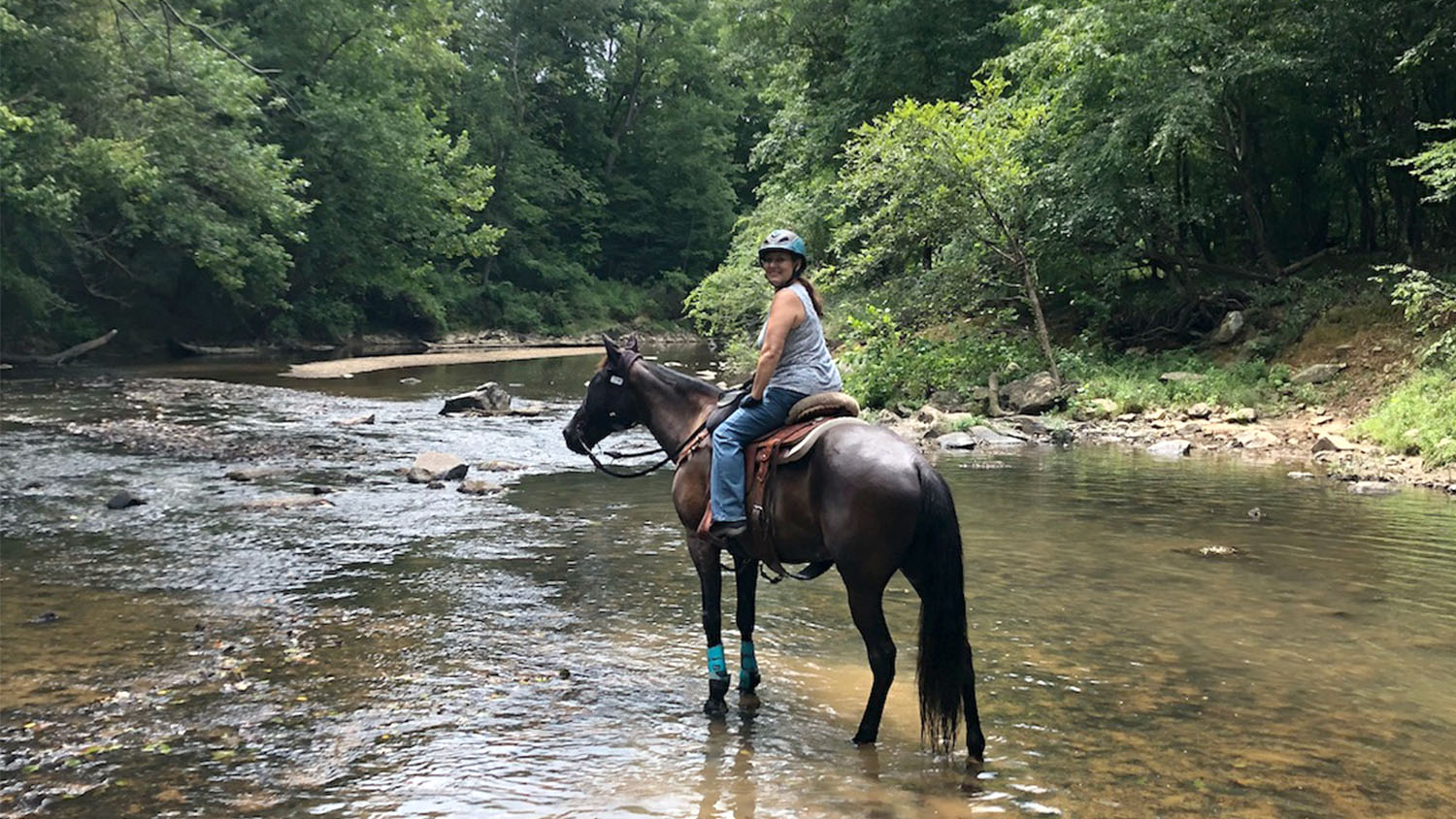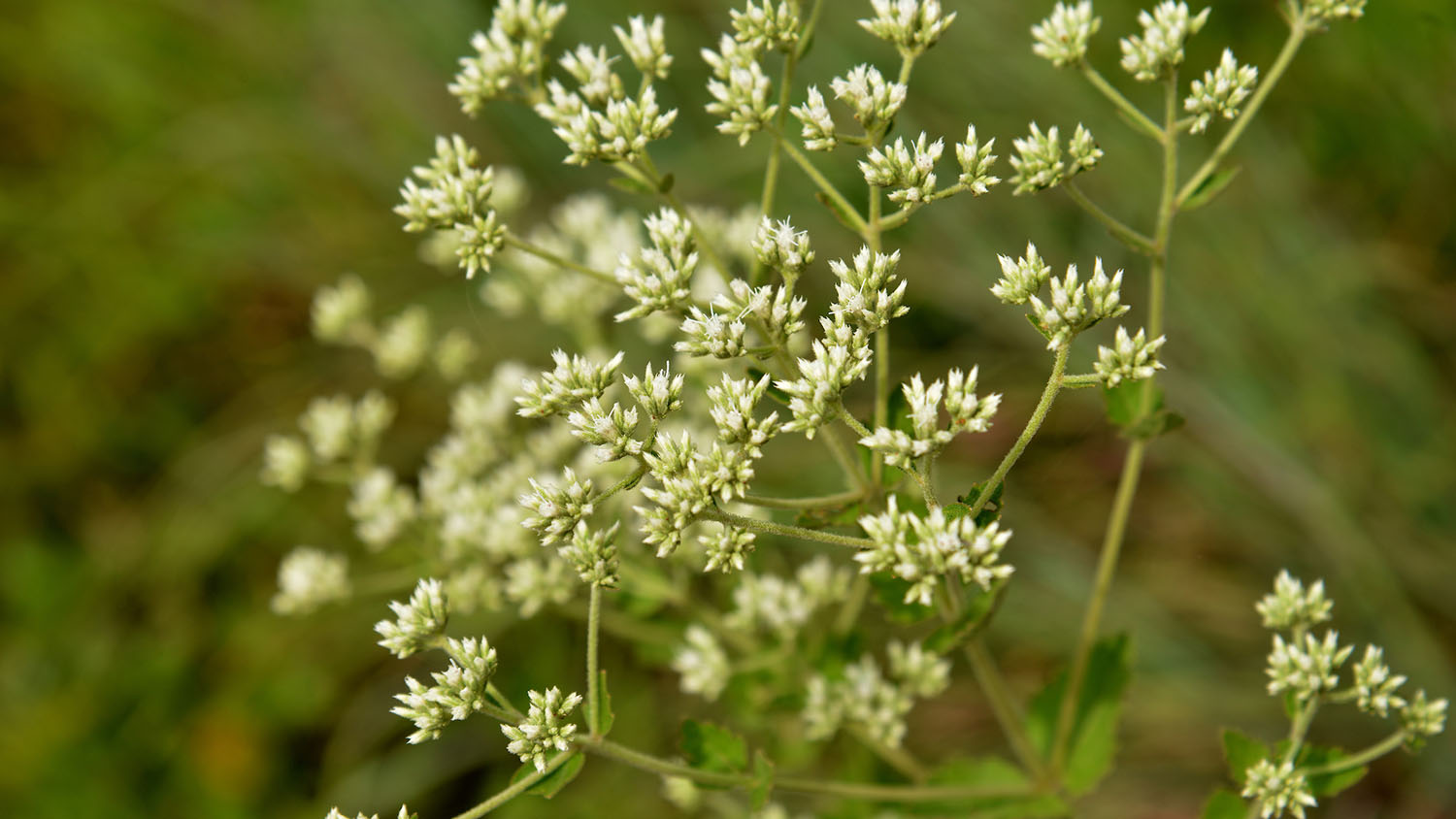Forests and Facilities
The Department of Forestry and Environmental Resources’ main office is located in Jordan Hall suite 3120. Our classrooms, laboratories, computer labs, as well as faculty, staff and graduate student offices are primarily located in Jordan Hall, Jordan Hall Addition and Biltmore Hall.
Also available to students, staff and faculty is the Natural Resources Library, located in Jordan Hall. Our branch of NC State Libraries provides specific research and instructional support for the College of Natural Resources, the Department of Forestry and Environmental Resources and the Department of Marine, Earth and Atmospheric Sciences at NC State.
Living Laboratories for Educational Advancement
The College of Natural Resources maintains a diverse land base of forest and wetland areas to provide students and faculty with outdoor laboratories for academic and research work. Proceeds from forest management and recreational earnings support active forest management, student workers, scholarships and other resources for the college. The NC State Natural Resources Foundation, Inc operates 85,000 acres of land contained in the Hosley, Goodwin, Gates, Taylor, Timaca, Lee and Hofmann forests. The College of Natural Resources controls another 9,000 acres in the Hill, Schenck, and Bull Neck Swamp tracts.
Forestry and Environmental Resources Related Centers
- The Center for Geospatial Analytics is a multi-disciplinary initiative aspiring to develop an internationally recognized Geospatial Science and Technology research and graduate education program that builds on NC State’s recognized strengths in analytics, statistics and computational sciences while expanding our currently successful programs in the environmental science applications of these technologies. The center was established in 1983 and is administered by the College of Natural Resources.
- The NC State Center for Applied Aquatic Ecology is a field research organization headquartered in Raleigh, N.C., with laboratory outposts across North Carolina. The Center sponsors research on topics ranging from freshwater to coastal marine ecosystems.
- Pamlico Aquaculture Field Laboratory is located in Aurora, N.C., about two and a half hours east of Raleigh. It is built in a Pamlico River drainage area, making it ideal for aquaculture research and extension efforts, including fish biology studies and related natural resource issues.
- The Center for Marine Sciences and Technology (CMAST) is a 52,000-square-foot marine laboratory located in Morehead City, N.C. that is owned and operated by NC State University. The Center fosters multidisciplinary studies among research scientists, educators and extension specialists from various NC State colleges and departments.
- The Turner House Garden, which is considered a demonstration landscape for native plants that encourage native biodiversity. Approximately 80 bird species and over 20 butterfly species have been recorded in the garden.


